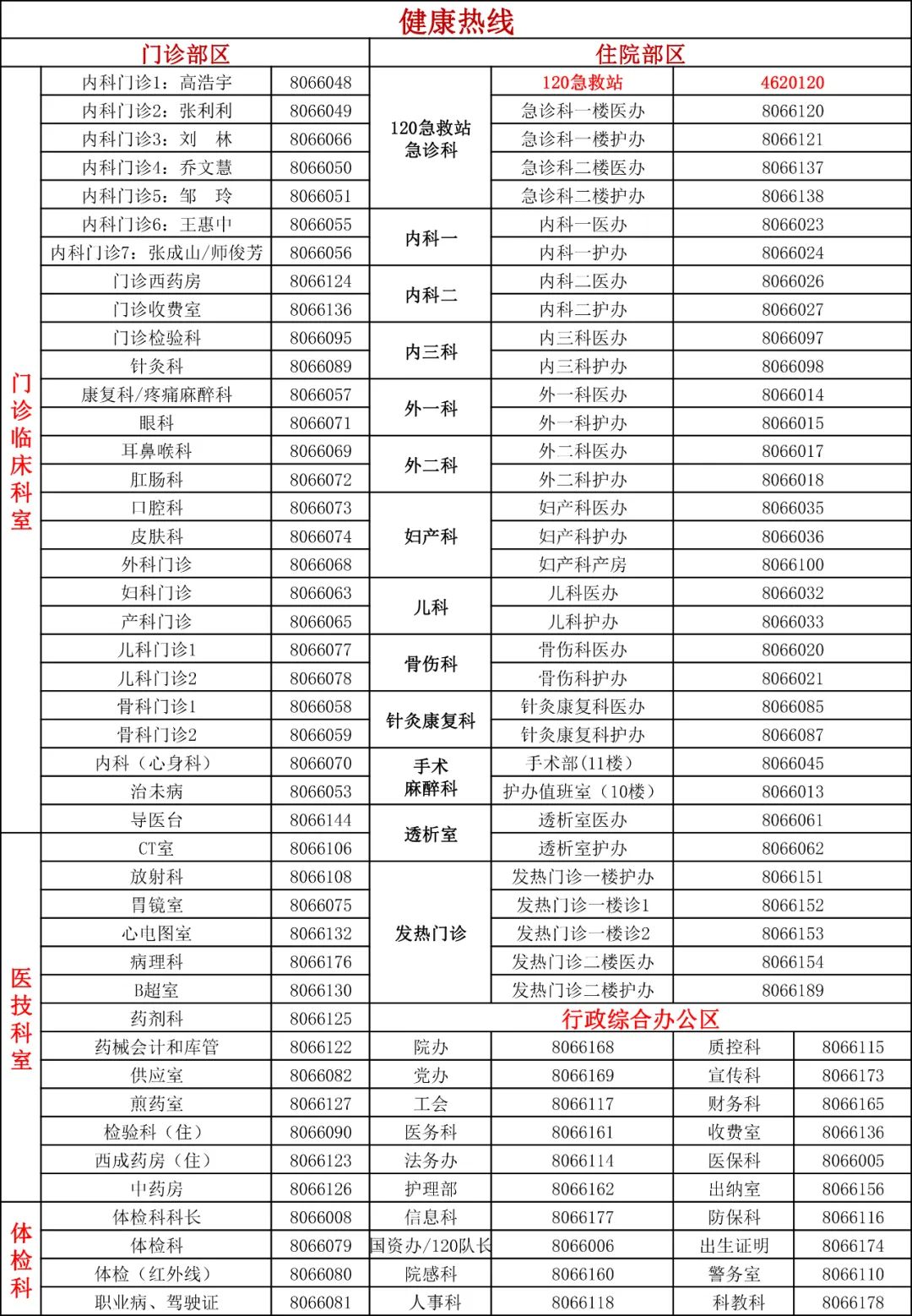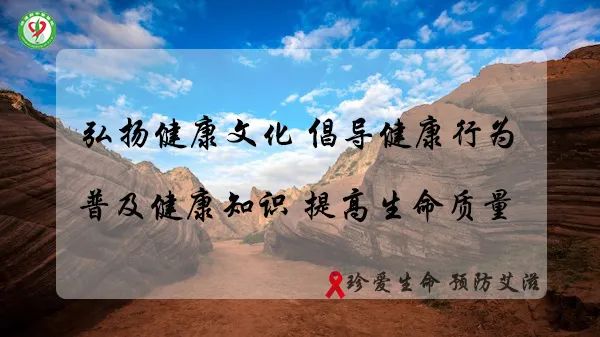Click the blue text to follow us

Qi Deficiency Constitution
【Characteristics】Prone to colds, easily sweats, pale or sallow complexion, weak and soft muscles, low voice, shortness of breath and fatigue, introverted personality, not lively.【Common Diseases】Chronic gastritis, obesity, frequent colds, hyperlipidemia, low-grade fever, organ prolapse, lack of energy, weakness in limbs, insomnia and forgetfulness, dizziness and palpitations.Representative Figure: Marshal Tianpeng

1. How is the Qi Deficiency Constitution formed in modern people?1. Nutritional deficiency during pregnancy, severe and prolonged pregnancy reactions, inability to eat, premature birth, improper feeding.2. Long-term excessive mental work, complicated thoughts, overuse of the mind.3. Physical overwork, previously engaged in heavy physical labor or as a professional athlete.4. Severe illness or prolonged illness leading to significant depletion of vital energy.5. Long-term dieting leading to insufficient nutrient intake, resulting in Qi deficiency.6. Preference for cold, greasy, and sweet foods, along with lack of exercise.7. Emotional stagnation, feeling down, especially when angry during meals.2. Daily exercise and adjustment recommendations for those with Qi Deficiency ConstitutionQi represents energy and function; Qi deficiency indicates insufficient energy and reduced function. Traditional fitness methods that emphasize internal nourishment, such as Qigong, Tai Chi Sword, Ba Duan Jin, and Wu Qin Xi, are beneficial for nourishing and replenishing Qi, and improving constitution.Among modern sports, aerobic metabolism exercises are the best choice for those with Qi deficiency. These exercises allow oxygen to fully metabolize sugars in the body and can also consume body fat, enhancing and improving cardiopulmonary function. Common activities include: walking, jogging, hiking, swimming, cycling, fitness dance, and rhythmic gymnastics.3. Dietary adjustment recommendations for those with Qi Deficiency ConstitutionDietary Health1. Individuals with Qi deficiency should often consume foods that are neutral to slightly warm and have nourishing properties. Examples include: jujube (Da Zao), apples, sweet potatoes, Chinese yam (Huaishan), water chestnuts (Qian Shi), potatoes, lotus root, shiitake mushrooms, chicken, pork stomach, beef, lamb, maltose, honey, glutinous rice, millet, and yellow soybeans.2. Individuals with Qi deficiency should avoid excessive consumption of raw, cold, bitter, spicy, and hot foods, as cold foods are particularly harmful to the spleen and stomach.Chew slowly and eat until 70% full; drink water in small sips and warm, otherwise it may cause bloating in the spleen and stomach.3. Do not over-supplement in a short period, as this may lead to digestive difficulties and cause stagnation in the spleen and stomach.Daily Living and Mental Health1. Maintain regular daily routines. Avoid wind and cold, do not overwork. Avoid staying up late.2. Mental health. Do not overthink, learn to trust your intuition, and engage in activities such as music, chess, calligraphy, painting, singing, dancing, and socializing with friends.
Yang Deficiency Constitution
【Characteristics】Sparse hair, premature graying, hair loss, shallow sleep, easily awakened, poor spirit, drowsiness, dislike of cold drinks, prone to diarrhea after consuming cold drinks.【Common Diseases】Edema, obesity, osteoporosis; coronary heart disease, arrhythmia; cold syndrome of the spleen and stomach; hypothyroidism; allergic rhinitis, asthma; arthritis, rheumatoid arthritis.
Representative Figure: The Holy Monk of the Tang Dynasty

1. What is Yang Deficiency Constitution?
Yang Qi has the function of warming the organs and the body; Yang deficiency refers to insufficient warming function of the body, leading to a series of symptoms primarily characterized by cold intolerance.
2. Yang Deficiency Constitution may present these sub-health symptoms
1. Sparse hair, premature graying, hair loss.
2. Shallow sleep, easily awakened.
3. Poor spirit, drowsiness, or depressive emotions.
4. Prone to acne, with noticeable redness and pain.
5. Dislike of cold drinks, or prone to diarrhea after consuming cold drinks.
3. Yang Deficiency Constitution may lead to these diseases
1. Edema: Inability to evaporate body fluids can lead to swelling in the calves or ankles.
2. Obesity: If you are a pale and soft person, then weight loss should first consider strengthening Yang Qi, and absolutely avoid starving.
3. Osteoporosis: Yang deficiency is more likely to occur during menopause or old age.
4. Low libido: May experience impotence, premature ejaculation, or nocturnal emission.
5. Coronary heart disease, arrhythmia: One cause of coronary heart disease is insufficient Yang Qi, with heart (chest) Yang not thriving, phlegm and turbidity accumulating, and blood stasis leading to obstruction of the heart vessels.
6. Cold syndrome of the spleen and stomach: Eating cold foods can cause abdominal pain, and may often experience bloating, diarrhea, indigestion, or a feeling of blockage, or belching and acid reflux.
7. Hypothyroidism: Particularly sensitive to cold, very low energy, low blood pressure.
8. Allergic rhinitis, asthma: Excessive cold in the body can lead to frequent sneezing in cold weather or cold air, developing into nasal obstruction, nasal polyps, and even severe asthma.
9. Arthritis, rheumatoid arthritis: Individuals with Yang deficiency are prone to invasion by wind, cold, and dampness, leading to obstruction of blood vessels.
4. How is the Yang Deficiency Constitution formed in modern people?
1. Congenital constitution tendency, inherited from parents.
2. Frequently staying up late, always sleeping after 11 PM.
3. Insufficient food intake, leading to nutritional deficiency.
4. Excessive indulgence in sexual activities.
5. Regular consumption of raw and cold foods, or preference for cold tea.
6. Excessive use of antibiotics and hormone medications, damaging the body’s vital energy.
5. Daily exercise and adjustment recommendations for those with Yang Deficiency Constitution
Suitable methods:
Engage in more exercise to generate Yang, choose gentle exercises, preferably outdoors in sunlight. Recommended aerobic exercises are characterized by low intensity, rhythmic, and longer duration. Common aerobic activities include: walking, jogging, cycling, practicing Tai Chi, yoga, fitness dance, and rhythmic gymnastics.Precautions:Traditional Chinese medicine holds the view of “nurturing Yang in spring and summer, nurturing Yin in autumn and winter.” Spring and summer are the times when Yang Qi is generated and abundant in nature, and the morning is also significant in this regard. Therefore, spring, summer, and mornings are the best exercise times for those with Yang deficiency, ideally outdoors in sunlight to supplement and invigorate their own Yang.Individuals with Yang deficiency have insufficient energy and poor physical condition, so the amount of exercise should not be excessive. Pay attention to “exertion without fatigue,” especially avoid excessive sweating to prevent damage to Yang. Those with Yang deficiency are sensitive to cold and easily invaded by wind and cold, so they should keep warm during exercise.6. Daily living and dietary adjustment recommendations for those with Yang Deficiency Constitution
【Dietary Health】
1. Should eat warm and nourishing foods that benefit kidney Yang and warm the spleen: black rice, lentils, sword beans, leeks, carrots, Chinese yam, garlic, chili, ginger, cilantro, onions, walnuts, lychee, longan, and chestnuts.
2. Avoid raw and cold fruits, as well as icy drinks.
3. Drink water in small sips, warm, and avoid large gulps, as this can lead to bloating in the spleen and stomach, promoting phlegm and dampness constitution.
【Daily Living and Mental Health】
1. Ensure adequate sleep and calm the mind. Avoid staying up late and ensure sufficient sleep time. Go to bed before 11 PM, which is the best time to nourish Yang Qi.2. Pay attention to warmth. The abdomen, lower back, waist, feet, and legs are key areas to keep warm. Every night, soak your feet in warm water and rub your lower back.


END


For more exciting content, long press the QR code to follow Jingbian County Traditional Chinese Medicine Hospital 






Only by correcting oneself can one correct others
Editor: Yang Haiying
Responsible Editor: Wang Bo
Review: Bai Chunxia
Source: Jingbian County Traditional Chinese Medicine Hospital, Preventive Treatment Department

